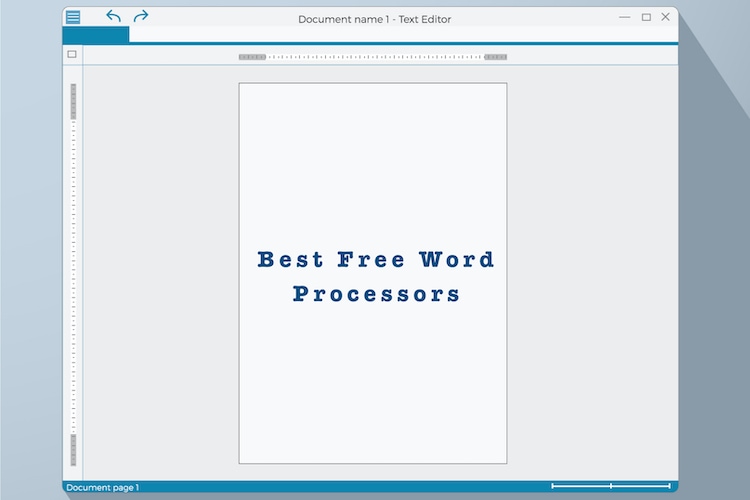
Check out our Frugal Guidance 2 list of zenware writing tools here.

Want more info on why, check out our in-house expert, The Frugal Parson. If you create on-screen, you should definitely try a Zenware writing app or two. I’ve used several and, often, that full, blank computer screen truly helps you concentrate on writing. Generally, they are tools for focusing just on the writing. These provide a minimal or customizable writing environment that hides distractions. If you find menus, toolbars, ribbons, sidebars and squiggly lines under text to be a distraction instead of an aid, there’s an entire category of writing tools called Zenware to help. Today we’ll look at zenware, text processors, mini-word-processors, novel and play-writing tools, outliners, mind-mappers, markdown and blogging platforms, encryption tools and, briefly, old fashioned paper. Writers have lots of other options for creating their novel (or a letter) and they use a wide variety of tools. Some writers also might just want something smaller and more nimble. If you’re a blogger writing HTML or using Markdown, a poet or essayist, or a playwright, or a researcher, or just kicking around ideas, a traditional word processor is not the best tool for the job. You can use these tools for your writing, but they won’t necessarily enhance it. These word processors are sophisticated editing and publishing tools, but writing, research and creativity are not the same as editing and publishing. (Zoho Writer and SoftMaker Office’s TextMaker come to mind, too.) W hen we think of word processing today, most people think of Microsoft Word, or one of the full-featured alternatives, say LibreOffice Writer (or the Apache OpenOffice equivalent), or Google Writer, or other similar software.

A Writer’s Guide to Alternate Writing Tools


 0 kommentar(er)
0 kommentar(er)
